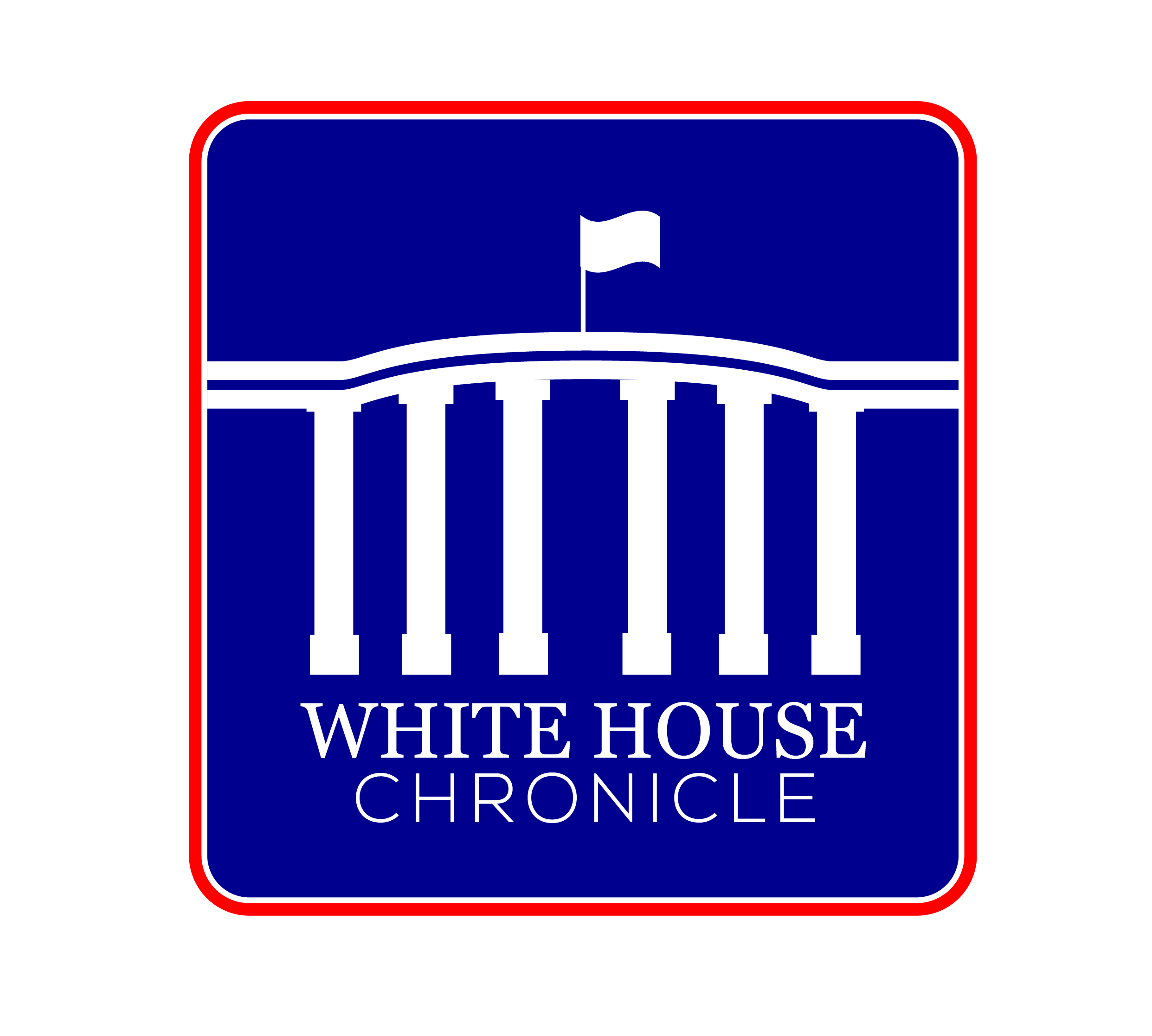Here in Washington, we were just settling down for the enervating business of projecting the future from the first tranche of President-elect Barack Obama’s Cabinet, when an ill wind from Chicago reminded us that all politics is human, and that political success does not equate to wisdom or simple common sense. Also, it reminded us that we love to see politicians fall.
The allegations against Illinois Gov. Rod Blagojevich have diverted even the most serious policy wonks from their ruminations. But this will pass, and most likely Blagojevich will go to his disgrace. The wonks will go back to puzzling how Obama’s foreign policy appointments will work together, or who will work against whom. It is not titillating, but it is engrossing.
This brings up the subject of Hillary Clinton, Obama’s pick for secretary of state.
What makes Clinton tick? Why would a woman who has been a successful lawyer, the first lady of a state, the first lady of the United States and a successful U.S. senator want more? Her ambition is Napoleonic, vaulting and incomprehensible. Those who are not addicted to the narcotic of power cannot understand it any more than we can grasp what drives Rupert Murdoch, the most successful publisher in history, to expand his empire at the age of 77, when he might reasonably be expected to be enjoying his family and reveling in his achievements.
But Clinton’s ambition, together with her husband’s position in the prompter’s box, does not auger well for harmony in foreign policy. First, there is National Security Adviser–designate James Jones to consider. He will see the president every day and, unlike Clinton, does not have to preside over the management of the State Department with its 50,000 widely scattered employees. More, he is fresh out of his Marine general’s uniform, and generals have more difficulty than most in accepting orders.
Then there is the possibility of a three-way struggle between Clinton, Jones and Susan Rice, nominated to be the next U.S. ambassador to the United Nations. She was an assistant secretary of state in the Clinton administration and signed on early as an adviser to Obama. She did not throw her weight behind Hillary–and the secretary of state-designate notices things like that.
Foreign policy is not just caught up in a triangle of strong egos. There is another player: the vice president. Vice President-elect Joe Biden has made foreign policy his area of expertise for many years, serving on the Senate Foreign Relations Committee and traveling widely. Biden is not malicious, but he is garrulous and wont to say things he wished he had suppressed. Loose lips in the veep’s office could be a nightmare for all concerned, especially Clinton.
Clinton, herself, has one other problem: her husband. The former president made a speech in Hong Kong, after his wife had accepted the job of secretary of state. If this is not a conflict, it is at least a possible harbinger of things to come. Awkward things.
Obama’s chief of staff, Rahm Emanuel, may be called upon to keep the peace, but he has baggage too. He is known to be abrasive and to have strong ties to Israel, where he served in the Israel Defense Forces during the Gulf war. Obama might want to keep Emanuel out of foreign affairs even if, as chief of staff, he is forced to keep the peace between the super-egos. Of these, Rice is the gentlest, but she will have to answer a lot of questions about the Rwanda genocide during her Senate confirmation hearing. She was on President Clinton’s Africa team at the National Security Council during the genocide. As they say, it was not our problem, but it will force Rice to answer hard questions about the slaughter now taking place in Darfur and the eastern Congo.
Hillary Clinton is smart and energetic, but if she has diplomatic skills, she has not used them to date. In China, I watched her lecture women on becoming lawyers. The women, who had expected somebody more sympathetic, looked at her agog. Few of them probably knew what a lawyer was, and Clinton clearly had not bothered to find out what was on their minds. Not a good beginning.
The sorry thing is that it will be years before we know how well the Obama foreign policy team meshes; before the books are written and memoirs lift the curtain.










